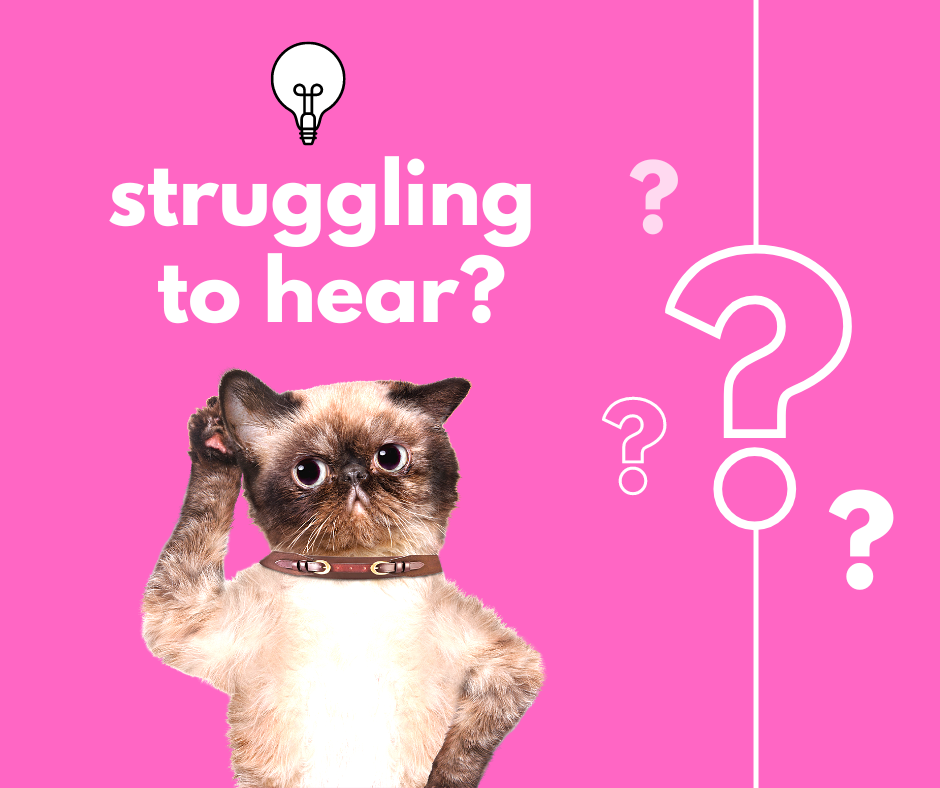

Are you struggling to hear clearly?
You’re not alone.
Hearing loss is a common problem that affects millions of people of all ages. Whether it’s caused by aging, exposure to loud noises, or an underlying medical condition, hearing loss can make it difficult to communicate and enjoy life’s simple pleasures.
At Cape Hearing Aids, we understand the impact that hearing loss can have on your life. That’s why we’re dedicated to providing the highest quality hearing care to help you hear better and live better. Our team of experienced audiologists and hearing aid specialists use state-of-the-art technology to diagnose and treat hearing loss, tinnitus and other hearing-related disorders.

I am Struggling to hear.
Book a FREE screening test
Hearing screening is the process of evaluating your hearing to determine if you have hearing loss or other hearing-related issues. A hearing screening typically involves a series of tests that measure your ability to hear different sounds, pitches, and volumes. The results of a hearing screening can then be used to determine if you have any hearing loss, and to recommend appropriate treatment options.
Hearing screenings are important because they can help to detect hearing loss early on before it becomes more severe. Early detection and treatment can help to prevent further damage to your ears and can improve overall communication and quality of life.
Hearing screenings are typically conducted by a qualified audiologist or other hearing healthcare professional. They are quick and non-invasive and can be done at any age.
There are different types of hearing screenings available, including pure-tone audiometry, speech audiometry, and otoacoustic emissions (OAE) screening.
Pure-tone audiometry measures an individual’s ability to hear different pitches and volumes, while speech audiometry measures an individual’s ability to hear and understand speech. OAE screening measures the outer hair cells of the ear to detect hearing loss.
Hearing screenings are important for individuals of all ages, but they are especially important for people who are at a higher risk of hearing loss. This includes people who are exposed to loud noise, who have a family history of hearing loss, or who have other ear-related issues.
Don’t wait until you have problems hearing to have a hearing screening. Early detection can make a big difference in the outcome of your treatment. Schedule a free hearing screening today with a qualified audiologist and take the first step in protecting your hearing.

Why should I see a qualified Audiologist?
Audiologists
If you’re experiencing hearing loss or difficulty with your hearing, it’s important to seek the help of a qualified audiologist. Here are just a few reasons why:
- Accurate diagnosis: Our qualified audiologists have the expertise and knowledge to accurately diagnose hearing loss and determine the best course of treatment. They will conduct a thorough hearing evaluation and use specialized equipment to evaluate your hearing.
- Tailored treatment: Our qualified audiologists will work with you to develop a personalized treatment plan based on your unique needs and lifestyle. They will take into consideration your hearing loss, your budget, your lifestyle, and other factors to recommend the best hearing aids or other devices to meet your needs.
- Professional fitting: Our qualified audiologists will properly fit your hearing aids or other devices to ensure they are comfortable and working correctly. They will also provide you with instructions on how to use and care for your devices, as well as how to adjust them as your needs change.
- Ongoing support: Our qualified audiologists provide ongoing support and follow-up to ensure your hearing devices are working well and that you are satisfied with their performance. They will also make adjustments as needed and answer any questions you may have.
- Advanced technology: Our qualified audiologists have access to the latest in hearing aid technology, including digital and programmable hearing aids, cochlear implants, and other advanced devices.
- Experience and expertise: Our qualified audiologists have the experience and expertise to help you with all aspects of your hearing, including hearing loss, tinnitus, and other hearing-related issues.
In short, seeing a qualified audiologist is an important step in addressing your hearing issues and ensuring you have the best possible outcome. We will provide you with an accurate diagnosis, tailored treatment, professional fitting, ongoing support, access to advanced technology, and experience and expertise. Don’t wait any longer, schedule an appointment with a qualified audiologist today!
